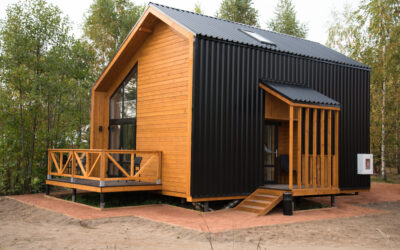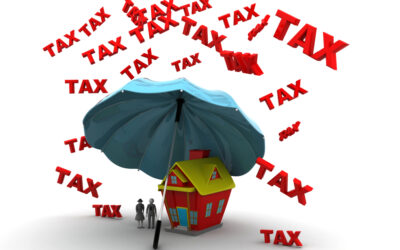What are the tax and investment considerations for a Granny Flat above versus a Tiny Home below? Income Tax Return Reporting - Income Streaming Tiny Homes Tiny home ownership does not have to follow the ownership interest of the underlying property ownership. For...
Travel Deductions For Rental Properties Still Available Post July 2017 – Maybe!
Yes, if you are carrying on a business of letting residential rental properties after the 1st July 2017.
Generally speaking passive property investor can no longer can claim travel expenses from the 1st July 2017 to:-
- To collect rent
- Maintain the property
- Complete inspections
- Attend body corporate meetings
- All associated expenses for taxi, hire car costs, airfares, public transport costs, and meals or accommodations.
This also applies to partnerships and trusts.
Excluded Entities from the Changes
- Companies
- Superannuation funds Not a SMSF
- Public Unit Trusts, Managed Investment Trust
Excludes Commercial Properties
Commercial Properties, as with Commercial Residential properties are excluded from the above measure
- Bed and Breakfast business in a residential home
- Hostels or boarding houses.
Indicators of a business of letting residential rental properties
There is not one indicator, however those with 3 or more rental properties that are very active in the management of the running of the investment properties may qualify
In additional if you can argue you are in the business of letting residential rental properties, further tax deductions which otherwise could not be claimed can also be claim:-
- Self-education expenses relating to rental properties
- Seminars and profession courses relating to rental property businesses
- Deductions relating to research for future rental properties
- And travel deductions in the course of running your business.
Checklist_ Are you carrying on a business of letting residential rental properties
See – ATO Example on Page 5 of Rental-properties-2017
EXAMPLE 4: Is it a rental property business? (extract from ATO – Rental Properties 2017)
The D’Souzas, own a number of rental properties, either as joint tenants or tenants in common. They own eight houses and three apartment blocks (each apartment block comprising six residential units) making a total of 26 properties.
The D’Souzas actively manage all of the properties. They devote a significant amount of time, an average of 25 hours per week each, to these activities. They undertake all financial planning and decision making in relation to the properties. They interview all prospective tenants and collect all the rents. They carry out regular property inspections and attend to all of the everyday maintenance and repairs themselves or organise for them to be done on their behalf.
Apart from income Mr D’Souza earns from shares, they have no other sources of income. The D’Souzas are carrying on a rental property business. This is demonstrated by: the significant size and scale of the rental property activities : the number of hours the D’Souzas spend on the activities : the D’Souzas’ extensive personal involvement in the activities, and : the business-like manner in which the activities are planned, organised and carried on.
Mr and Mrs D’Souza have a written partnership agreement in which they agreed to carry on a rental property business. They have agreed that Mrs D’Souza is entitled to a 75% share of the partnership profits or losses and Mr D’Souza is entitled to a 25% share of the partnership profits or losses. Because the D’Souzas are carrying on a rental property business, the net profit or loss it generates is divided between them according to their partnership agreement (in proportions of 75% and 25%), even if their legal interests in the rental properties are equal, that is, they
each own 50%.
Please contact our office if you would like to discuss further if you can continue to claim travel expenses in managing your rental properties.
© Garry Wolnarek & CCH




